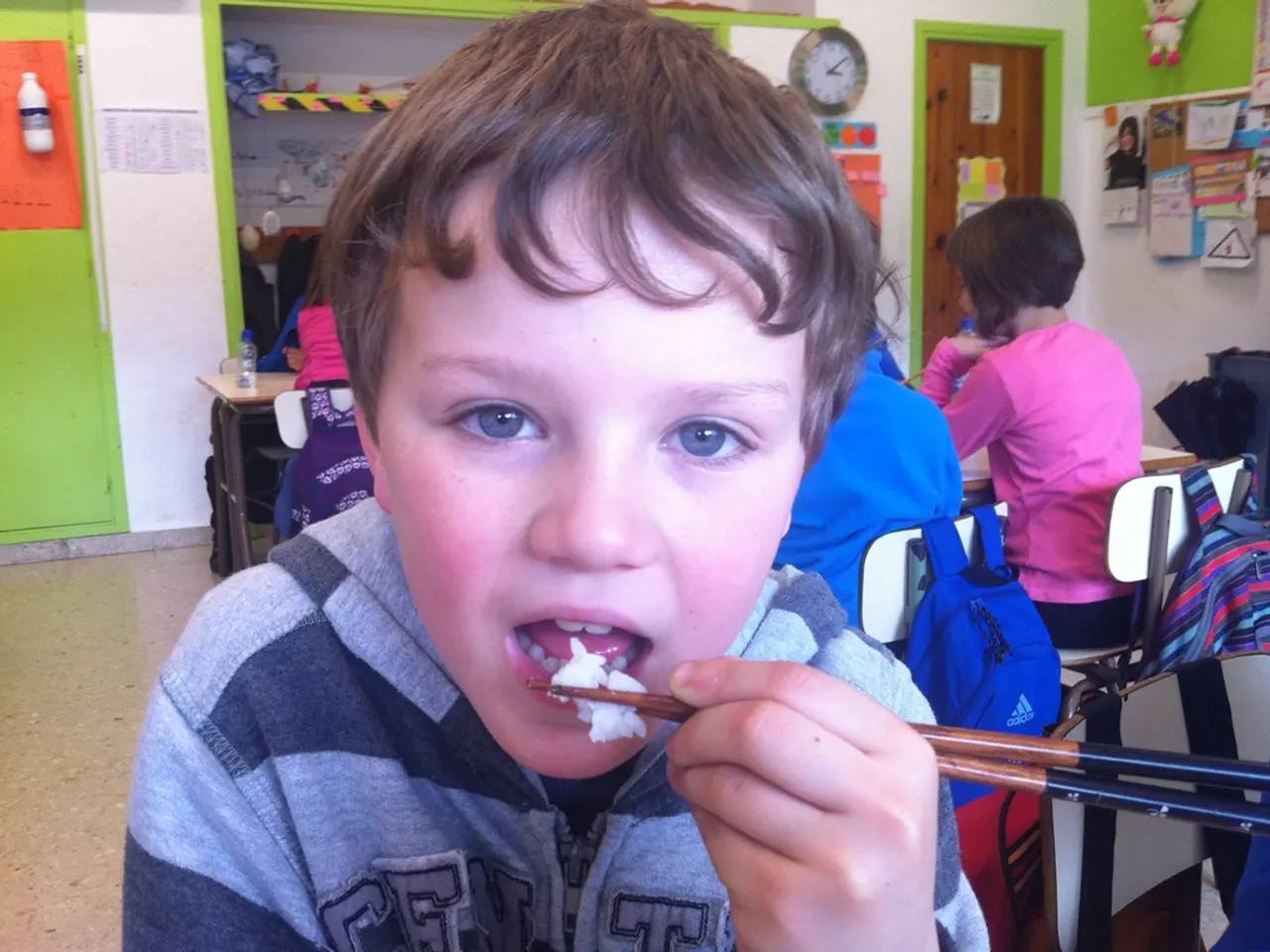Clash over a school board member's Instagram favorites spirals into derogatory references to Nazi ideology
In the small California town of Redlands, the local school board has become a battleground for cultural and political tensions, with controversies surrounding school board members, policies, and community reactions.
At the heart of the controversy is Candy Olson, a member of the conservative-voting majority on the Redlands school board. Olson has faced calls for her resignation following revelations that she liked Instagram carousels containing racist and antisemitic memes. Critics argue that these actions are antithetical to educational leadership values that should promote diversity and student protection. However, Olson maintains that she is the victim of a "smear campaign" and that she intends to like some non-political images in the Instagram carousels.
The school board's decisions on curriculum policies and book review rules have also caused public outcry and polarization. The board passed new contentious book review rules, leading to increased divisions among parents, staff, and community members. These changes have raised questions about volunteer training and community awareness, leading to postponements in policy votes.
Another contentious issue is the policy on transgender athletes, with the board voting to ban transgender athletes from competing on girls’ sports teams. This decision aligns with conservative efforts to challenge state protections for transgender students and has generated significant debate around civil rights law, inclusivity, and fairness in school sports.
The Redlands Unified School District has also proposed changes to the district's anti-racism resolution and a new process to pull "blasphemous" library books from shelves, leading to increasingly contentious meetings.
These controversies have led to polarized community activism, contested school board meetings, legal challenges, and strained trust between families and school officials. The school board operates as independently elected officials, limiting direct administrative control over their conduct but amplifying political accountability through public pressure and elections.
The clash in Redlands is indicative of the ongoing political differences about what children should learn, which are continuing to roil communities across the nation. Education has become a focal point for culture wars, influencing policy decisions, classroom content, faculty freedoms, and the overall climate of public education.
[1] NBC News, "Redlands school board member under scrutiny for liking racist, antisemitic memes," 2021. [2] The Redlands Daily Facts, "Redlands school board adopts new book review policy amid public opposition," 2021. [3] The Redlands Daily Facts, "Redlands school board delays vote on volunteer policy changes," 2021. [4] The Redlands Daily Facts, "Redlands school board votes to ban transgender athletes from girls’ sports teams," 2021. [5] Education Week, "Culture Wars Roil Public Education," 2021.
- The controversy surrounding Candy Olson, a school board member in Redlands, California, has expanded beyond her alleged liking of racist and antisemitic Instagram posts, as her actions are seen as incongruent with the values of education and self-development, which advocate for promoting diversity and student protection.
- Social media platforms like Instagram have become significant arenas for spreading contentious debates, as the images liked by Olson have led to calls for her resignation, highlighting the impact of pop-culture and entertainment on political opinions and public discourse.
- Reactions to the school board's decisions on curriculum policies, book review rules, and issues such as transgender athletes' participation in sports have inflamed general news, crime-and-justice, and politics, demonstrating the far-reaching consequences of these decisions on the community's overall climate and civil rights.
- As the Redlands Unified School District faces public pressure on issues like anti-racism resolutions and book censorship, the battles over educational policies and values have become a key aspect of the ongoing culture wars, impacting policy decisions, classroom content, faculty freedoms, and the overall landscape of public education nationwide.




